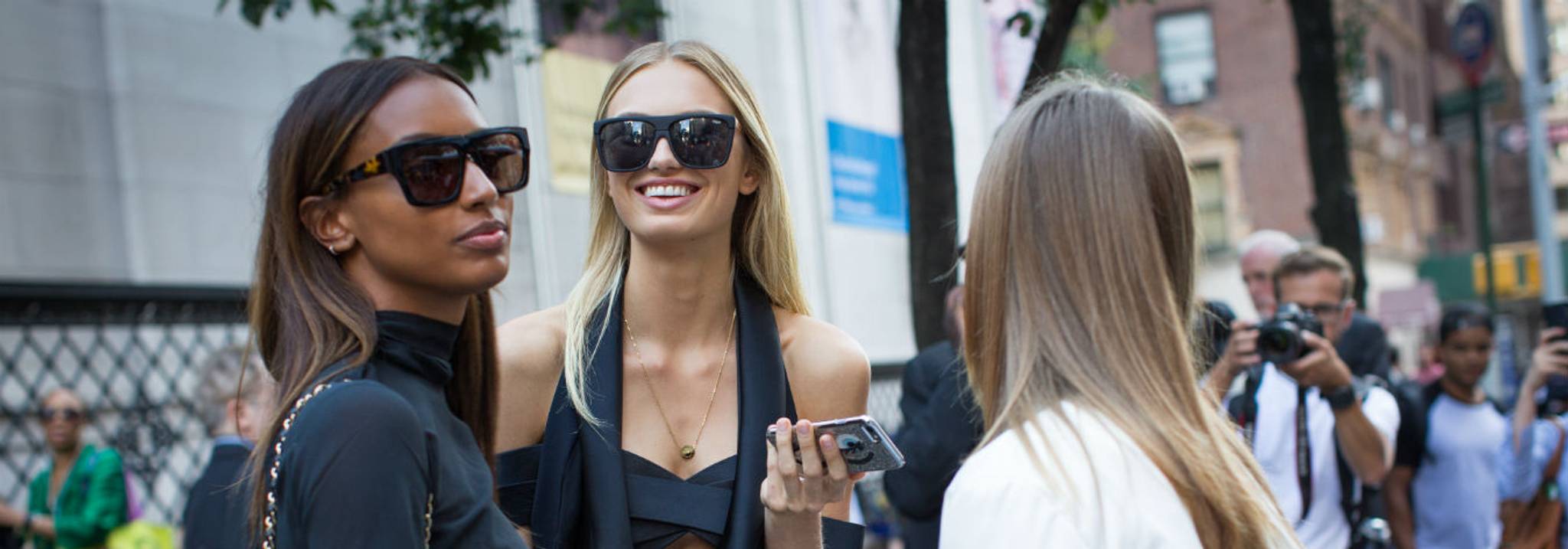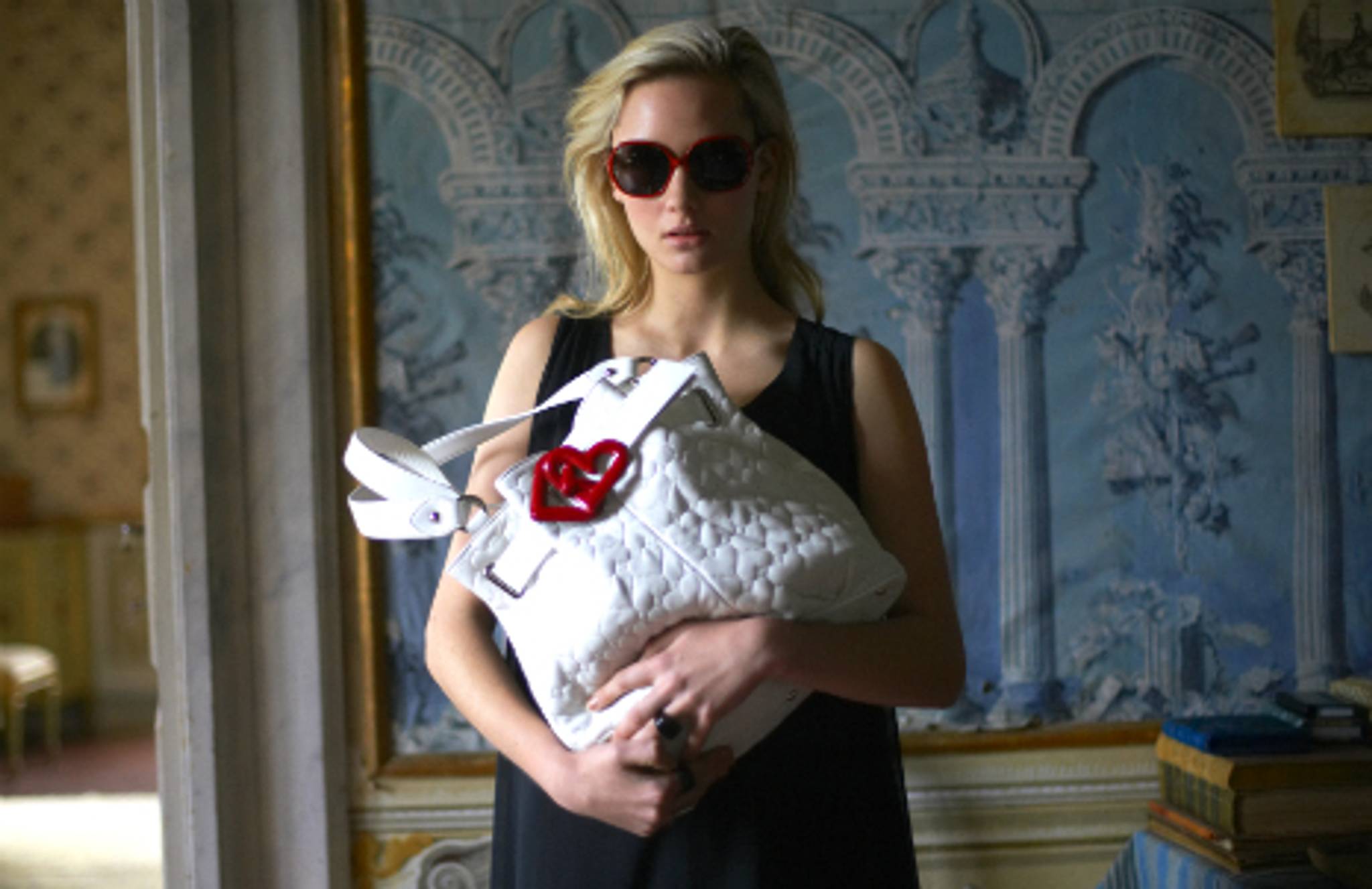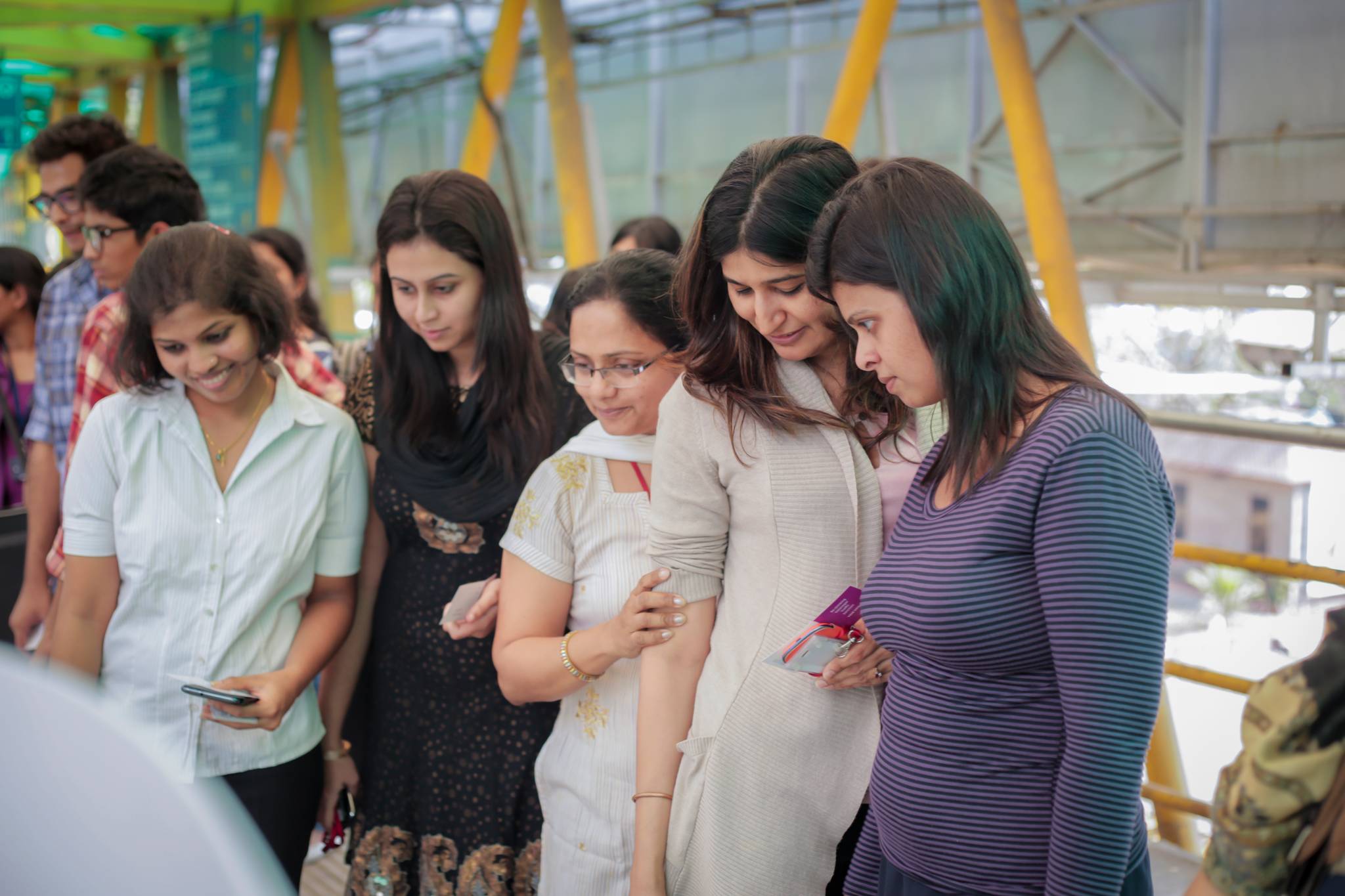
From LV luggage to Burberry trenches, no luxury product is safe from the increasingly sophisticated counterfeiting industry. In China, where the problem is especially rife, start-up VeChain is taking a high-tech approach to the problem, using blockchain technology to track luxury goods. By charting the history of each item, it can ensure prospective buyers that they're getting the real deal.
Chinese shoppers accounted for almost half of global luxury shopping in 2015, but Asia is also home to huge numbers of fakes. VeChain is using blockchain to track and verify luxury apparel to work against the counterfeit industry. Each item is assigned a unique ID and a set of keys, giving it a digital identity that follows its real-world status from initial production to purchase and onwards from there. “In one way, you guarantee security. In another, you make it auditable,” says founder Sunny Lee. “Even if someone steals your key, you can trace it.”
The luxury sector is fighting hard to keep itself safe from fakes, with the anti-counterfeit market set to grow to $4.2 billion by 2020. But VeChain’s concerns with authenticity extend beyond the production line and sales rack. The app is allowing luxury goods to take on a provenance similar to a work of art, nailing down a trail of ownership that can be mapped even after a piece becomes private property.
The backstory of an article of clothing has long been a source of cultural cachet, but VeChain is taking this concept further, allowing people to peek into the entire history of their clothes and accessories. And with high-end fashion getting pricier than ever – in the US, the price of designer goods has risen 60% in the last decade, compared to 27% for standard consumer goods over the same period – it could also guarantee authenticity for those looking to purchase luxury second-hand.
Mira Kopolovic is a writer and researcher, with an MA in creative industries, which focused on artist-brand collaborations. She spends her spare time poring over dystopian literature.



